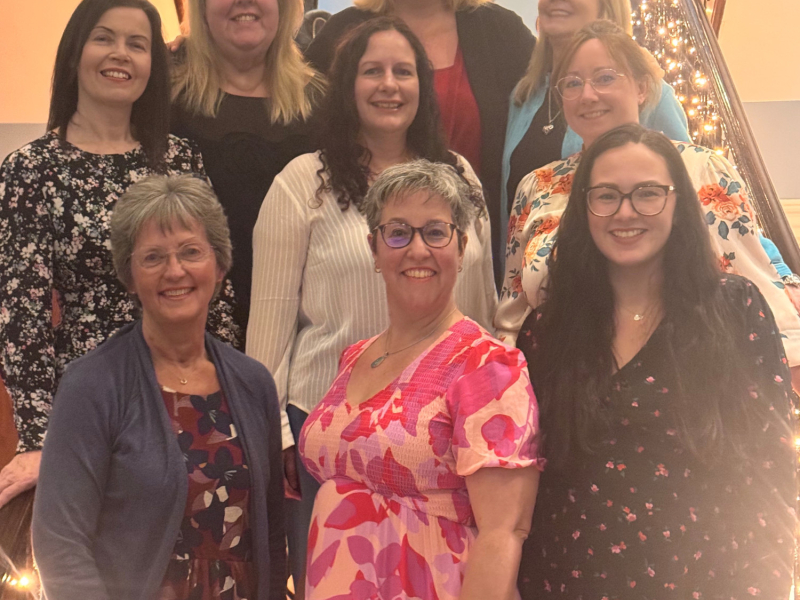Making the Future of Work inclusive of persons with disability
27 November 2019
Making the Future of Work inclusive of persons with disability
As a member of Face Equality International we are sharing James Partridge's presentation at a recent conference in Geneva raising disability issues in the workplace for those that are affected with facial differences.
Facial disfigurement: a neglected global human rights issue
Exploring the origins of the campaign for ‘face equality’ (like race equality) and its implications for businesses, schools, governments, the media and public opinion.
There are many reasons why people have facial differences or disfigurements — from congenital causes (e.g.: cleft lip and palates, neurofibromatosis, birthmarks), trauma (e.g.: burns, acid violence, scarring from accidents), facial and skin cancer, skin conditions (e.g.: psoriasis, vitiligo, acne), eye problems and facial paralysis (e.g.: Bell’s palsy and stroke). Disfigurement can affect people at any age, from any ethnic or socio-economic group. It is estimated that 1 in 111 people have a psychological and social significant facial disfigurement. People with disfigurements wherever they live in the world face many challenges and injustices to living confident, successful lives in the 21st century. Many report (and academic studies bear this out) feeling isolated and friendless, facing teasing, ridicule and staring in public, low expectations in school, problems getting work, discrimination in the workplace, abuse on social media and stereotyping in the media just because of the way they look. In many countries, disfigurement goes hand in hand with poverty, prejudice and exclusion.
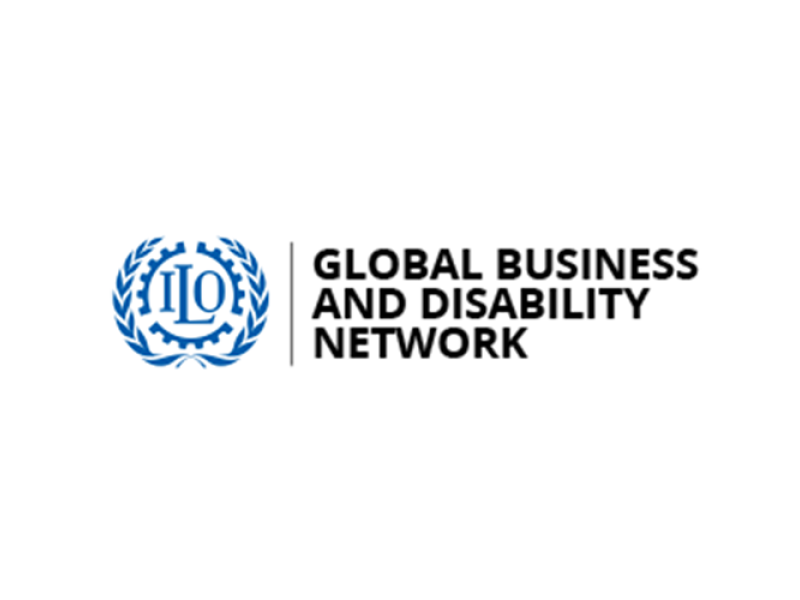
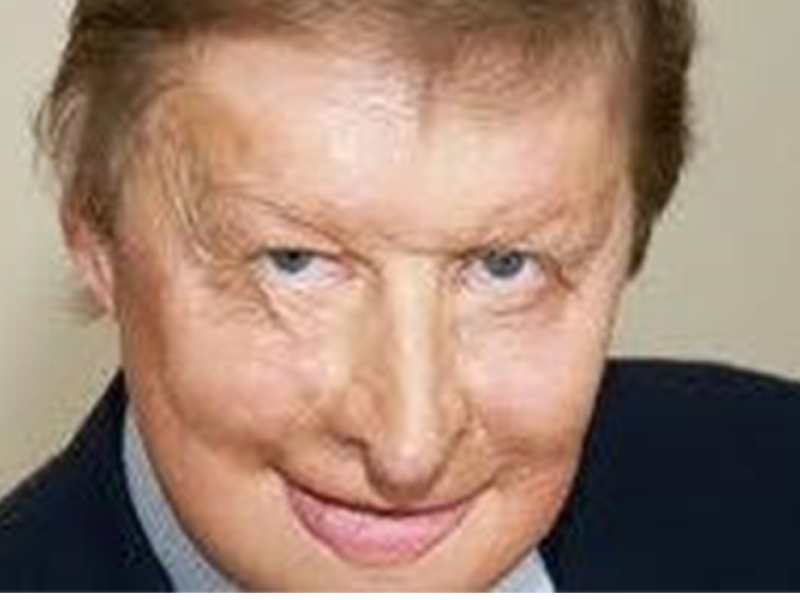
The stigma of disfigurement is rooted in three totally false but deeply conditioned and unconscious beliefs which impinge on a person’s self-worth which suggest that: facial ‘good looks’ are vital for success in life; without them, failure is sadly inevitable modern medicine/surgery can remove disfigurements completely disfigurement is associated with meanness, lack of intelligence, immorality and evil. All too often, the stigma is self-imposed too with low expectations of success and a lack of aspiration leading to a resignation that this is how things will always be, and consequently unfairness and discrimination go unchallenged. And worse, people report that authorities who should stand up to prejudice (e.g.: schools) fail to do so even when alerted to it. The campaign for ‘face equality’ was launched in May 2008 by the UK charity/NGO, Changing Faces and is being internationalised through Face Equality International. Its aim is to create a world in which people who have disfigurements to their face from any cause are accepted and valued as equal citizens, free of prejudice, low expectations and stigma.
The campaign calls on individuals to spread the word, to stand out and to support face equality education systems to train all teaching staff to develop inclusive school cultures
employers to recruit and serve people with disfigurements without prejudice the media, advertisers and the film industry to positively promote facial diversity and actively avoid language and imagery that create prejudice politicians and policymakers to ensure that facial prejudice and discrimination are effectively outlawed by improving legal protection and promoting best practice.
For further information on the conference itself please have a look at the following campaign and their website
Filter News
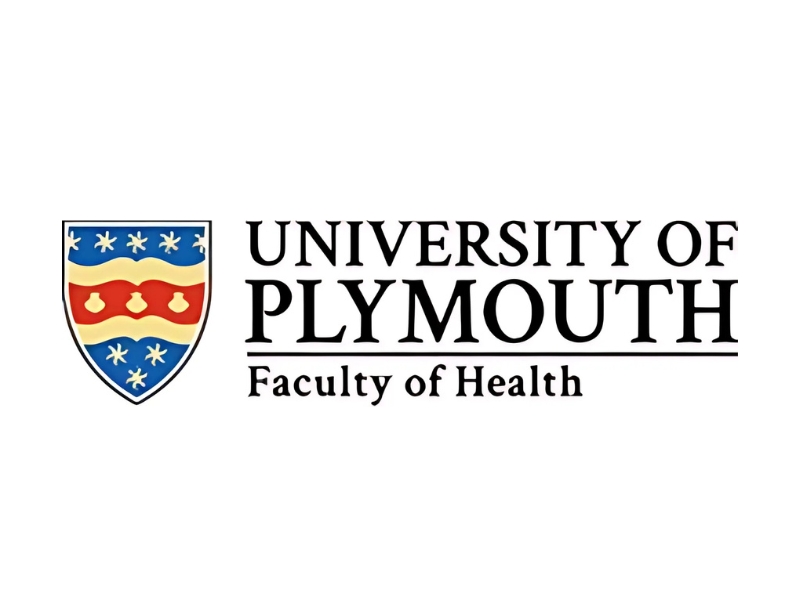
Repurposing anti-retroviral drugs to treat NF2 related tumours Retreat Study
Join a brand new study treating tumours in NF2 patients.
Read More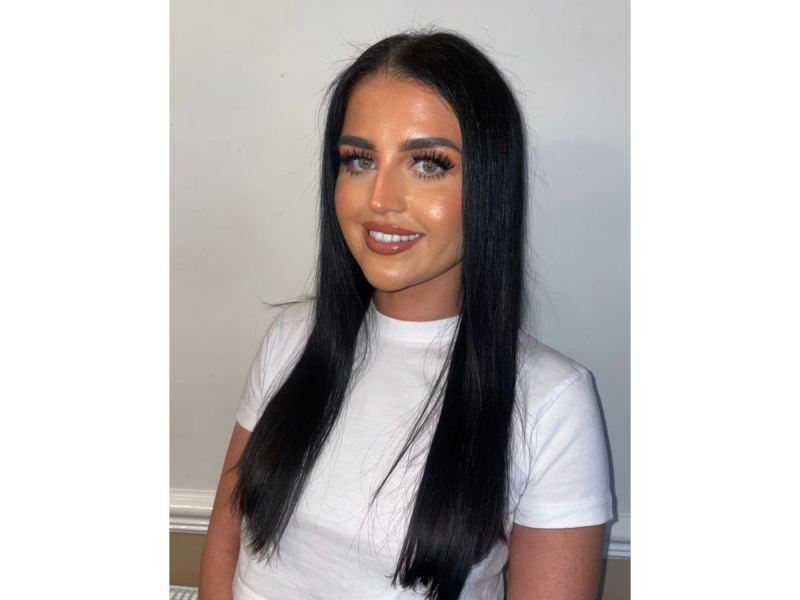
Raising Awareness Georgia’s Blog
My name is Georgia Baum, I’m 25 years old and an Ambassador for Nerve Tumours UK. Read my Blog and follow my journey!
Read More
Be Kind and Be Brave
December Coffee Club at Guy's and St Thomas' - A Christmas Karma Special Screening
Read More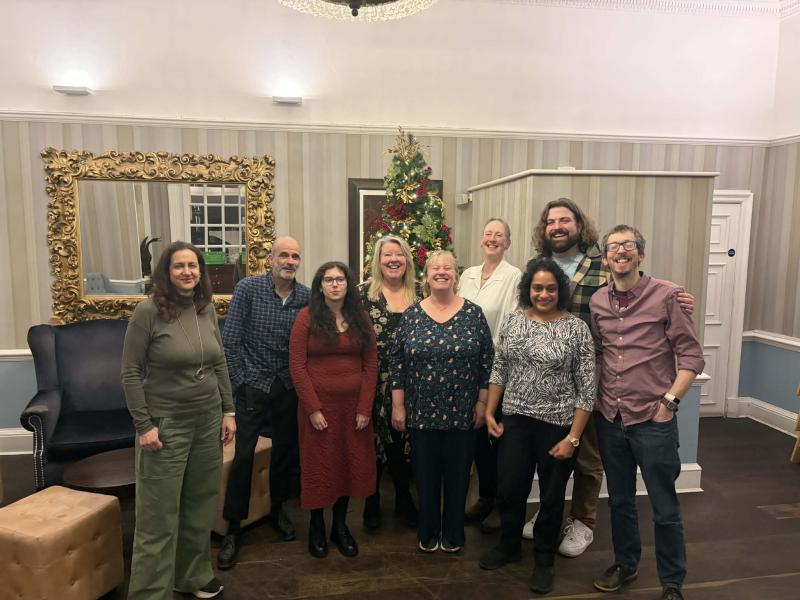
Christmas Message from the NTUK Head Office Team
Happy Christmas from all of us at Nerve Tumours UK
Read More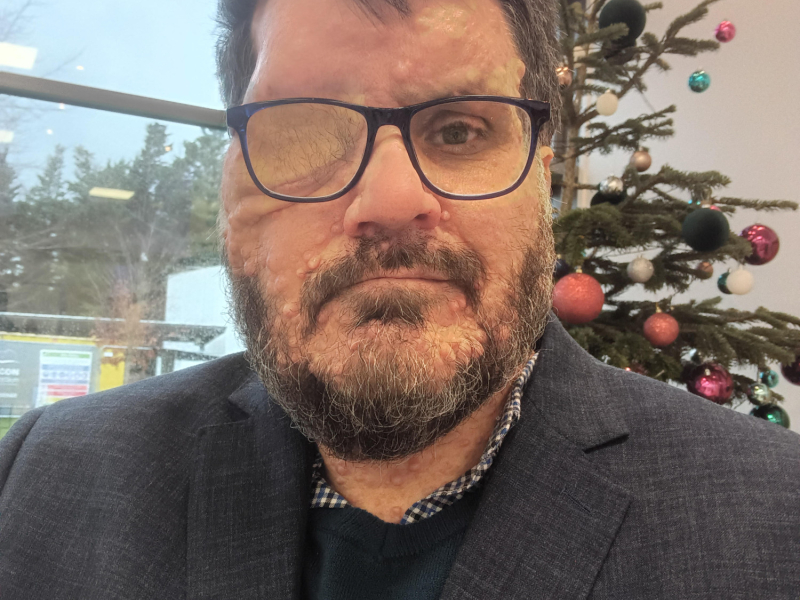
Oliver Bromley - Reflections of 2025 - Outlook to 2026
“Looking back, looking forward – A year in the life of the NF community”
Read More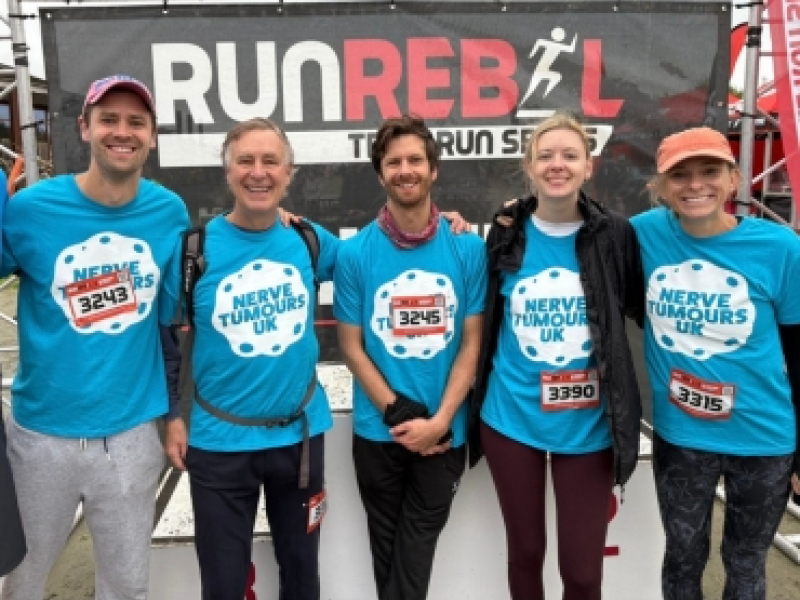
Chair, Richard Goode and family brave the West Wittering 10k
Richard Goode, Chair of the NTUK Board of Trustees, and his family took on the Wittering Beach 10k
Read More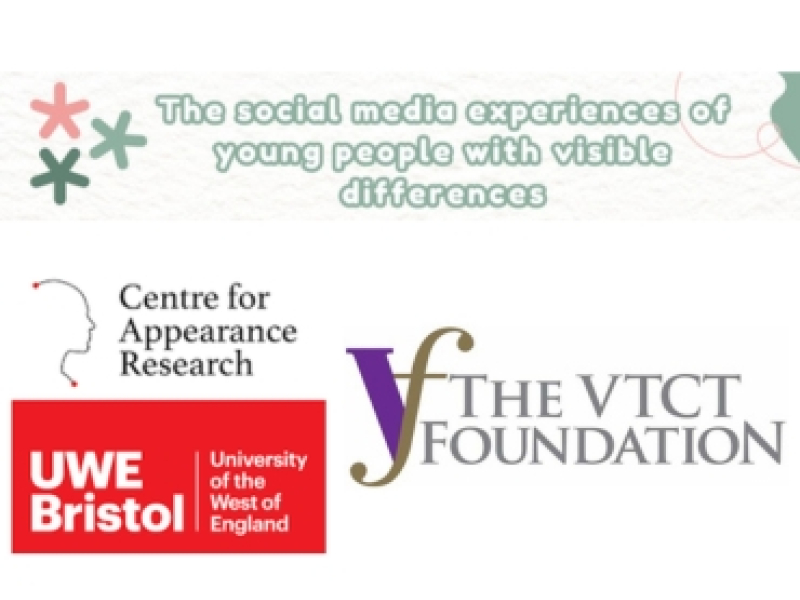
CAR: Social media experiences of young people with visible differences
Young people with visible differences discuss the positive and negative aspects of using social media - find out more
Read More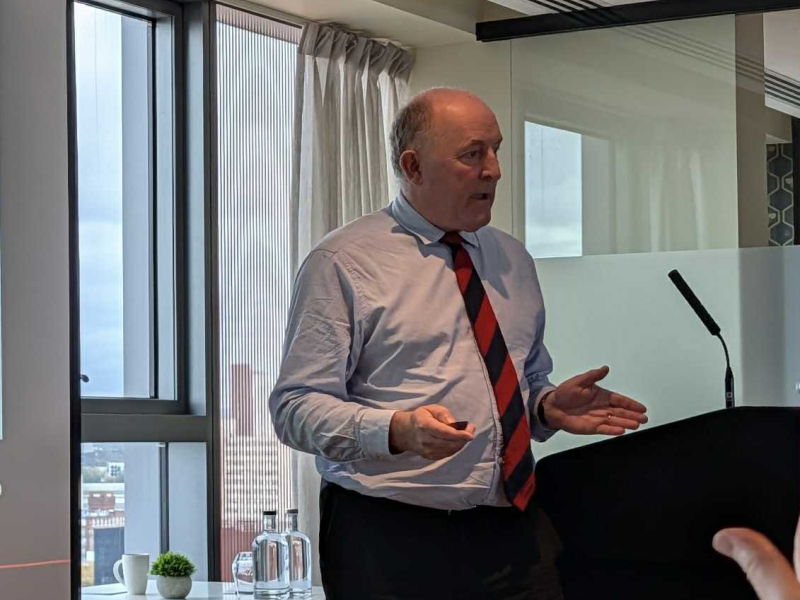
National NF2 Meeting 2025
On Tuesday 4th November, the NF2 clinical community and national charities gathered in Manchester for the biannual meeting.
Read More

